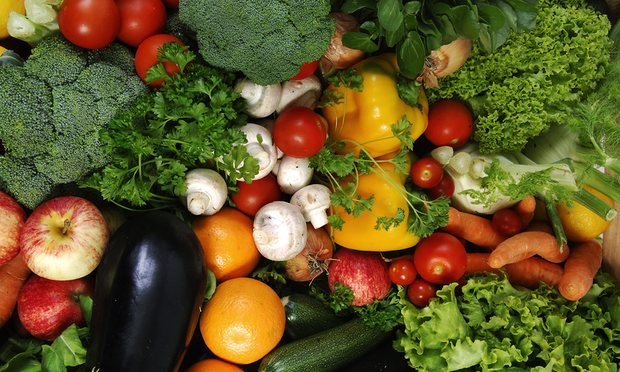Today, we are facing plenty of choices; many of them are not the usual healthy and green solutions. Non-organic foods shouldn’t fit any criteria of daily intake. Here are reasons why we shouldn’t rely on non-organic foods
- Traces of pesticide: We should avoid any trace of pesticide in our food. Organic farming doesn’t use pesticides because they are considered as unnecessary. By choosing organic foods, we will be able to reduce exposure to potentially harmful chemicals. According to various studies, up to 50 percent of non-organic foods have traces of pesticides that are higher than permissible levels. The typically healthy fruits can be quite dangerous, because pesticides will stay on the skin and they can’t be diluted with water.
- Industrialized livestock: Non-organic livestock live in industrialized facilities. They are bred, are placed in cramped areas, are fed with chemicals, grow rapidly and are butchered. Organic livestock means free range. We should be eager to purchase meat derived from free range animals. It means that animals are grouped in smaller flocks and they are left outside to consume fresh, unpolluted grass. It has been determined that free range, grass-fed cattle produce meat with lower fat and it taste better than cattle fed with industrialized corn-based feed.
- Poor animal welfare record: The act of killing animals for human consumption may already sound cruel and we shouldn’t make things worse by choosing meat from animals that lived in unfavourable conditions. In industrialized settings, animals are often mistreated. They could become stressed out; causing them to harm one another. Although there are laws for animal welfare in many countries, they are not always enforced or followed.
- Use of antibiotics: Antibiotics are not always metabolized and they can be resistant to high heat. It means that traces of antibiotics will be passed to healthy individuals. This could cause some people to become resistant to specific antibiotics that could be based on the same compounds.
- Genetic modification: Genetically modified could bring some hidden negative effects. Getting saturated fat and bad cholesterol from even organic meat is bad enough. When animals are genetically modified, some proteins in could be changed from its original form due to DNA changes and the effects could be unpredictable.
- Additives: Non-organic foods could become a real chemistry experiment with dozens of additives added to modify colors, texture, taste, longevity, smell, nutrition and other factors. Even synthetic vitamins added to food won’t provide similar benefits compared to vitamins found naturally in fresh, organic food.
Non-organic food could also cause various problems with our environment. Many thousands tons of chemicals are dumped into the environment each year. Organic farmers are far creative individuals, they use the natural processes in the environment to manage the land. As an example, natural predators are introduced into the local ecosystem. An organic farm is a thriving ecosystem with many butterflies and other harmless insects. Organic farms also have lower carbon footprints; because they don’t use industrialized fertilizers and other chemicals.
















